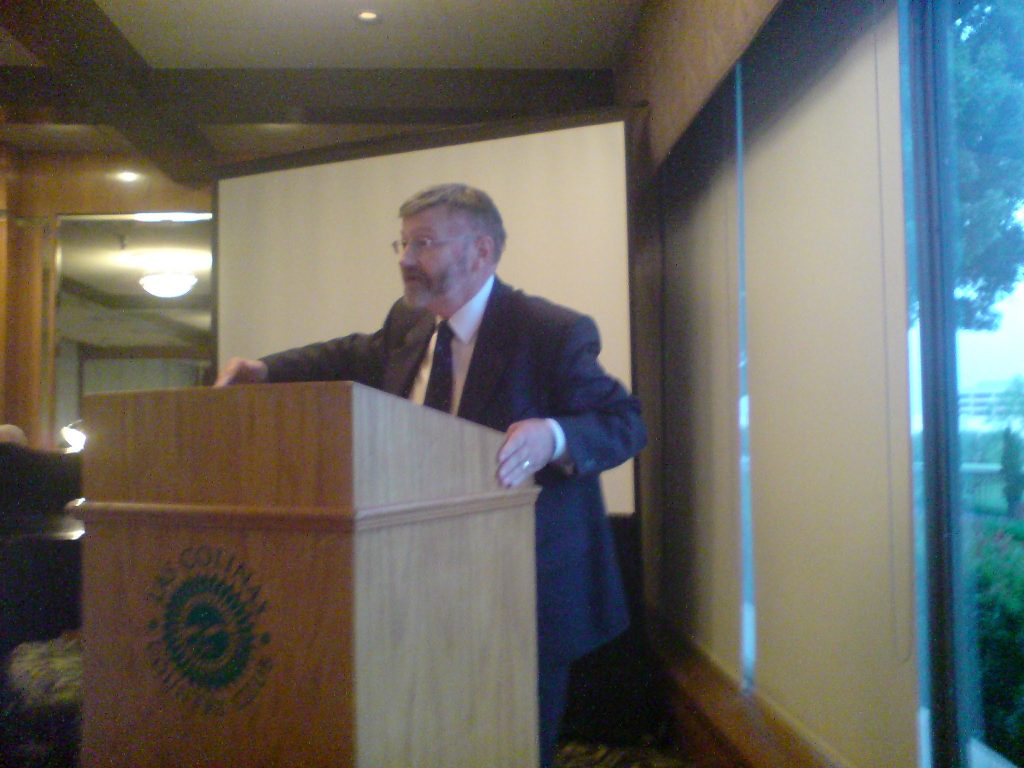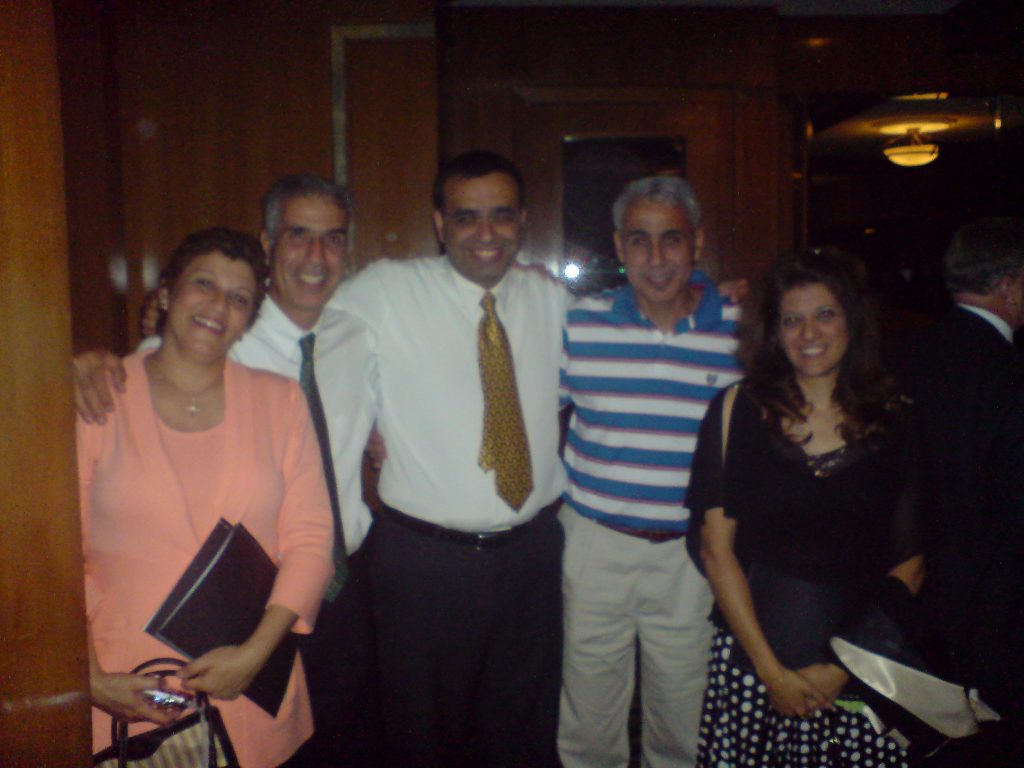
On May 10, 2008 a banquet was held in Las Colinas, Texas in honor of the Nazareth Center for Christian Studies (NCCS). The aim was focused on friend-raising, given to increase awareness about the new seminary in the heart of the Galilee region. The event was hosted at the scenic Las Colinas Country Club, overlooking one of North Texas’s premier golf ranges. Don Sewell, a member of the NCCS Board of Directors, served as the evening’s emcee.
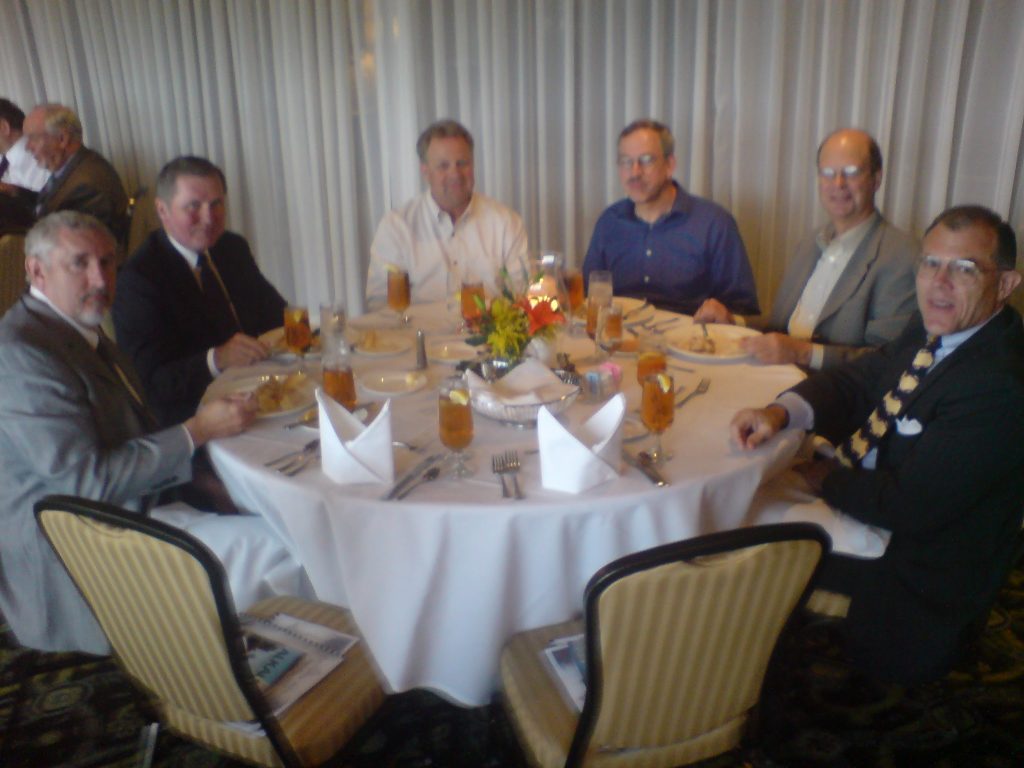
First among the guest speakers was Rev. Dr. Dwight Baker, a former missionary to the Galilee region who served during the 1950’s and 60s and helped establish the current Baptist school in Nazareth. Dwight, along with his wife Emma and their children, made their home in Nazareth for many years and built the house currently serving as the campus for NCCS. He pastored the Nazareth Baptist Church and was a pioneer in the field of ‘Home Training’ for young pastors; a practice that became the foundation for the future institution of NCCS. Dr. Baker was present, along with his wife Emma and his son Bill Baker, who currently serves as professor of Middle Eastern Studies at Baylor University. After Dwight’s speech, Bader Mansour, Chairman of the Board of Directors, presented him with a gift from the Association of Baptist Churches in Israel (ABC) and NCCS for his years of faithful Christian service to the city of Nazareth and the Galilee region.
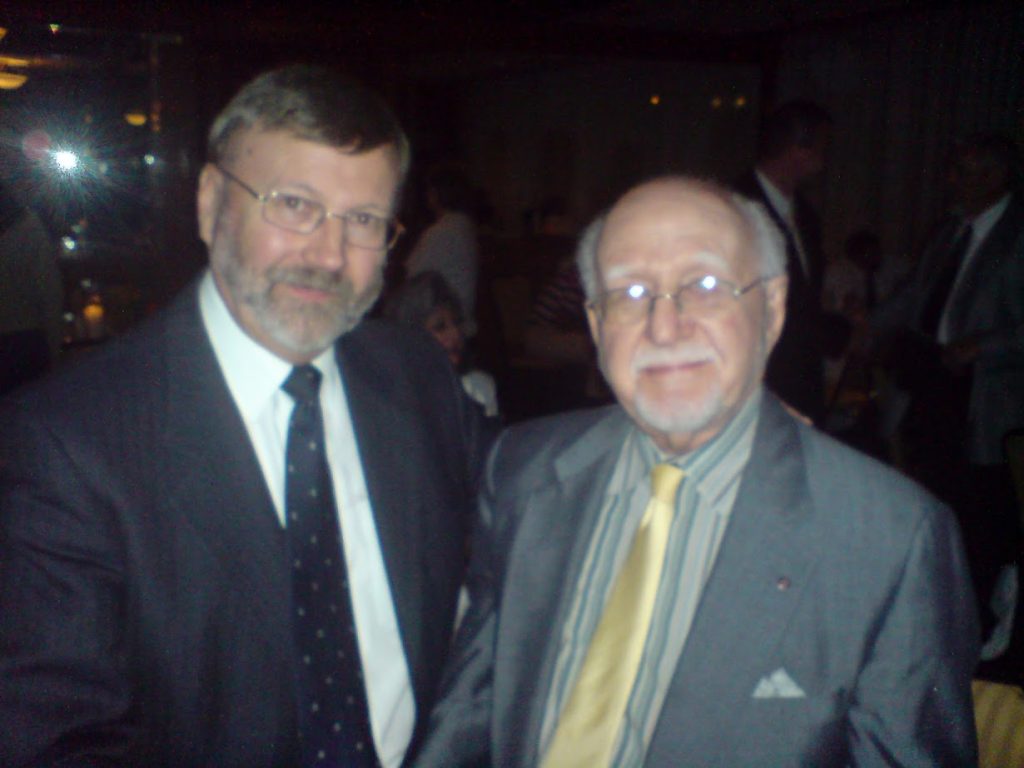
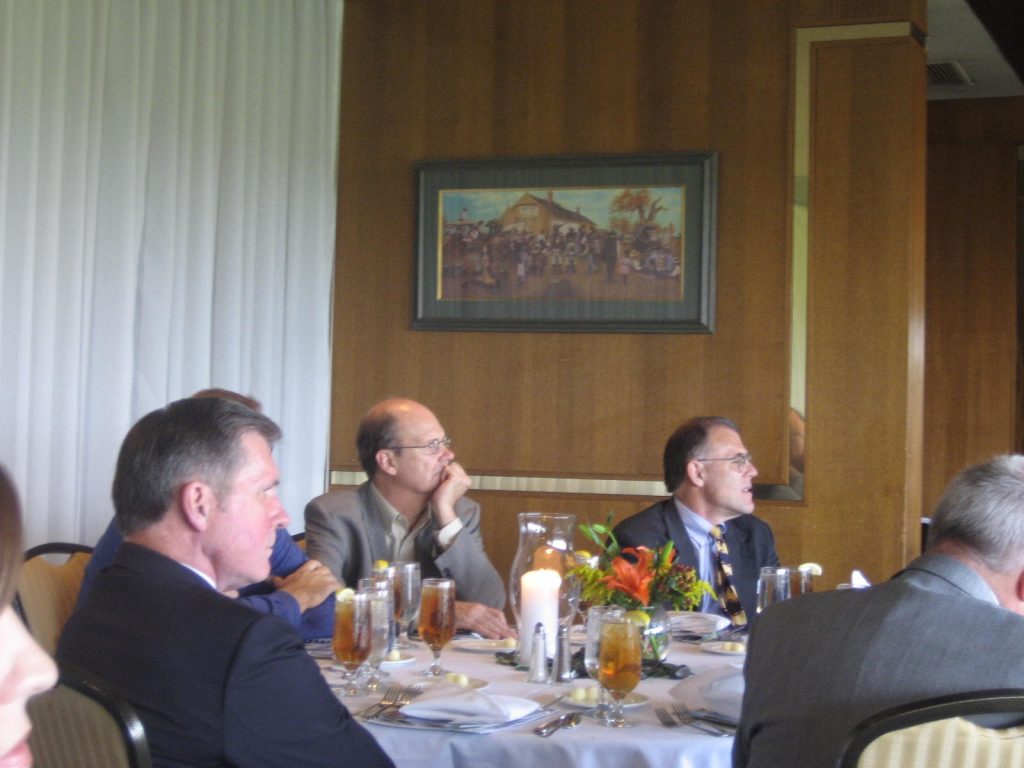
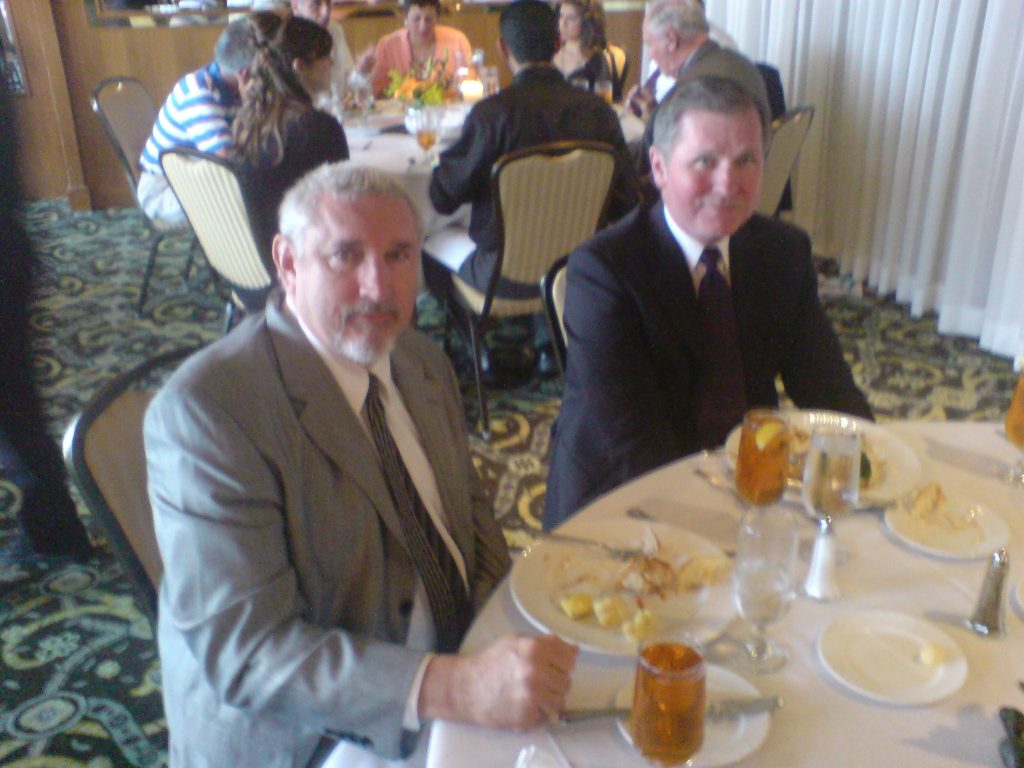
After the presentation, Bader shared about his unique experience growing up in Nazareth and about his life as an evangelical Arab Christian. He recalled his own encounter with the Lord at an early age as the result of a Godly school teacher’s influence and used this as a springboard to stress the significance of strong Christian leaders. Following Bader, NCCS President Bryson Arthur spoke about the conception and beginnings of NCCS and his own call to work among the indigenous and dwindling Christian population of the Holy Land. He emphasized the growing need for Christian leadership training: The percentage of evangelical Christians is currently only 2% of the population, down from 10% a decade previously. With such diminishing numbers, he insisted, bold and effective Christian leadership training is an absolute necessity to retain and grow the evangelical population.
